|
In this episode of The Editing Podcast, Louise and Denise talk to fellow editor Maya Berger about working on erotica and adult fiction.
Click to listen to Season 4, Episode 10
Listen to find out more about:
Contact Maya
Editing bites Ask us a question The easiest way to ping us a question is via Facebook Messenger: Visit the podcast's Facebook page and click on the SEND MESSAGE button. Music credit ‘Vivacity’ Kevin MacLeod (incompetech.com). Licensed under Creative Commons: By Attribution 3.0 License.
Louise Harnby is a line editor, copyeditor and proofreader who specializes in working with crime, mystery, suspense and thriller writers.
She is an Advanced Professional Member of the Chartered Institute of Editing and Proofreading (CIEP), a member of ACES, a Partner Member of The Alliance of Independent Authors (ALLi), and co-hosts The Editing Podcast. Visit her business website at Louise Harnby | Fiction Editor & Proofreader, say hello on Twitter at @LouiseHarnby, connect via Facebook and LinkedIn, and check out her books and courses.
0 Comments
In this bonus episode of The Editing Podcast, Denise and Louise talk to editor Maya Berger about editing erotica.
Listen here ...
Summary
Find out more about:
Related links and resources
Music credit ‘Vivacity’ Kevin MacLeod (incompetech.com). Licensed under Creative Commons: By Attribution 3.0 License http://creativecommons.org/licenses/by/3.0/
Louise Harnby is a line editor, copyeditor and proofreader who specializes in working with crime, mystery, suspense and thriller writers.
She is an Advanced Professional Member of the Chartered Institute of Editing and Proofreading (CIEP), a member of ACES, a Partner Member of The Alliance of Independent Authors (ALLi), and co-hosts The Editing Podcast. Visit her business website at Louise Harnby | Fiction Editor & Proofreader, say hello on Twitter at @LouiseHarnby, connect via Facebook and LinkedIn, and check out her books and courses.
Should you edit or proofread pornography? What if it’s erotica? Is there even a difference?
Does sexually explicit written material deserve to be edited? What is it exactly, and what is it not? And if you want to edit it, how do you make yourself visible to its authors?
Perhaps you have strict criteria for the types or subgenres of pornography or erotica that you’ll edit. In that case, how can you communicate these to potential clients?
Here’s my take. And it is only my take. Some of my colleagues won’t touch the stuff with a bargepole. And those of us who will? Well, we all have our individual boundaries. What is pornography? And what is it not? If only there were a universally accepted definition of pornography. There isn’t, alas. What you consider porn may not be what I consider porn. Or one of us might think a written work is more erotic than pornographic. Others might not even bother making a distinction. And that’s the first thing any editor needs to recognize. The term ‘pornography’ is loaded with subjectivism and preconceptions, many of them heteronormative, so what you’re expecting and what actually ends up in your editing studio could be two very different things. ‘Pornography is notoriously difficult to define, and overburdened with assumptions concerning – at the very least – gender, sexuality, power, globalization, desire, affect, and labour,’ say Rebecca Sullivan and Alan McKee. Oxford offers the following broad definition: ‘Printed or visual material containing the explicit description or display of sexual organs or activity, intended to stimulate sexual excitement.’ And broad it is. Too broad, in my opinion, because it doesn’t exclude materials with descriptions or displays of non-consenting performers and minors, which are illegal. What we can say is that definitions are contested – in society, in the courts, and in academic literature. That makes it difficult for the editor who’s asked, ‘Do you copyedit pornography?’ because even if you think you don’t, others might think you do because they have different opinions on what constitutes porn. So what do we do? I think custom guidelines are the answer, particularly if you decide to publicize the fact that you’re happy to edit sexually explicit material. Before we discuss these, let’s consider erotica.
Is there a difference between pornography and erotica?
If there is a difference, it’s unlikely that the lines of distinction so clearly drawn in your own head will be shared by everyone else you consult on the matter. Echoing Sullivan and McKee, Leon F Seltzer notes the degree to which ‘the criteria used for distinguishing between the erotic and pornographic [are] … steeped in personal moral, aesthetic, and religious values’. And he goes on to say that the erotic ‘doesn’t appeal exclusively to our senses or carnal appetites. It also engages our aesthetic sense.’ Tracy Cooper-Posey’s distinction draws specifically on novel-craft: erotica isn’t ‘only about sex, unlike its gutter-cousin, pornography. At its purest, the new erotic novel is a brilliantly-written story with super-nova sex that compliments the caliber of the writing, and is fundamental to the plot and characters. In other words, if you remove the sex, the story can’t be told.’ And so it may be that if you, the editor, decide a manuscript’s sexually explicit content contains enough celebration of the human form and is written to a high enough standard, or has a good enough plot, then it’s erotica. If not, it’s porn. It seems to me that getting bogged down in the definitions will get us nowhere fast. The terminology is as tangled as that used to describe editorial services (well, maybe not that bad!). If the author’s struggling to write well, but is trying to create erotica, who am I to say it’s porn? And if it’s just sex that aims for nothing but titillation, but it’s written beautifully, artfully, does that mean it’s no longer porn? If your decision is down to the art-versus-smut argument, one thing’s for sure: you’re going to need to see a sample. And if you want to work on only certain types of material, you’ll do well to create some guidelines.
Creating guidelines to keep you comfortable
Guidelines don’t just help you and the writer decide whether you’re a good fit. They’re also a great way of demonstrating your engagement with the subject and your willingness to have a conversation with a nervous or embarrassed author. What should you include? There’s no one way of going about this; include whatever’s important to you and what you want the author to know. Here are just a few ideas:
Are pornography and erotica worth editing?
‘Even filth needs editing,’ said my colleague Louise Bolotin when she wrote about the issue on my blog back in 2012, and I agree. The porn and erotica writers for whom I’ve worked are as committed to their writing as any crime fiction, thriller or literary fiction author. A client recently told me, ‘I love my writing and with your help I hope it can lead to something else. If we don’t dream, then we don’t create. I’m proud of my stories but this is a whole new world for me, and like anybody who writes, there’s insecurity.’ What was I dealing with? Not plot, no. Seltzer’s and Cooper-Posey’s definitions chimed here. But my client needed a lot of help with punctuation to make the narrative readable. He’d omitted all speech marks, so the dialogue was invisible. There were repetition and syntax problems. But the writing was strong – imaginative, funny, clever, sexy – and in this book at least, I think he had a great turn of phrase (almost poetic at times). The pace was good, the language potent, and the sex appropriately disgraceful. All in all, I think he did an excellent job! Even so, prior to editing, the book wasn’t publishable because it didn’t conform to recognizable standards of spelling, punctuation and grammar. The reader would have struggled to enjoy the story because they’d have been pulled out of it with every missing full point and speech mark. And that’s my job (and yours) – to help the author help the reader. So, yes, I think pornography and erotica are absolutely worthy of being edited.
A word on the market
We know there’s a market for pornography and erotica. There are readers with an appetite for these genres, and writers ready to feed it. Those writers need editors to make those stories as good as they can be. If you’re comfortable working on adult material, then you’d do well to make this clear because there seems to be a dearth of professional editors advertising the fact. Here are some numbers generated by searching the UK’s Society for Editors and Proofreaders’ Directory of Editorial Services and the Editors Canada Online Directory of Editors using the following key words:
In both countries, you’ll have the least competition in these directories if you’re prepared to edit porn and erotica (unless your author hyphenates science-fiction!).
Being visible – getting work
If pornography and erotica are genres you want to edit or proofread, approach the issue as you would any other subject specialism. The political science professor will be drawn to editors and proofreaders who make it explicit that they welcome this type of work, have experience of editing the subject matter, and provide resources and guidance that demonstrates that expertise. Pornography and erotica authors are no different. And so:
Anxiety – yours and the author’s
Some editors are keen to take on the work but anxious that it might reflect badly on them. Does being public about your willingness to edit pornography and erotica damage your reputation? I don’t believe so. Pornography and erotica are recognized genres. As long as we present our willingness to edit them with the same professionalism as we’d approach politics or philosophy, science fiction or romance, I see no problem. I and several of my editor friends are open about the fact that we work on adult material and none of us has suffered problems acquiring work. I think that’s down to the fact that we’re all committed to marketing our editorial businesses, and focusing on the value we can bring to the table. That’s what clients concentrate on, not the things that are of no interest to them. The thriller writer cares that I work on thrillers, not that I also copyedit erotica and historical fiction. Editors aren’t the only Nervous Nellies. Some of the writers who’ve contacted me about editing porn and erotica are anxious too. The emails usually start with something on the lines of ‘I feel a little embarrassed about this but …’ or ‘I hope you don’t mind me asking but …’ Again, guidelines and resources can help to reassure an author before they send the email. Summing up If you’re happy to edit porn and erotica, go for it. If you aren't, that's fine too. As independent business owners we can choose what material we want to work on and what we don’t. Wanting to edit a particular genre isn’t enough. Make sure your willingness to edit porn and erotica is visible – on your website and in the editorial directories you advertise in. If you don’t say it, you won’t be heard. Further reading
Watch a video instead ...
Louise Harnby is a line editor, copyeditor and proofreader who specializes in working with crime, mystery, suspense and thriller writers.
She is an Advanced Professional Member of the Chartered Institute of Editing and Proofreading (CIEP), a member of ACES, a Partner Member of The Alliance of Independent Authors (ALLi), and co-hosts The Editing Podcast. Visit her business website at Louise Harnby | Fiction Editor & Proofreader, say hello on Twitter at @LouiseHarnby, connect via Facebook and LinkedIn, and check out her books and courses. |
BLOG ALERTSIf you'd like me to email you when a new blog post is available, sign up for blog alerts!
TESTIMONIALSDare Rogers'Louise uses her expertise to hone a story until it's razor sharp, while still allowing the author’s voice to remain dominant.'Jeff Carson'I wholeheartedly recommend her services ... Just don’t hire her when I need her.'J B Turner'Sincere thanks for a beautiful and elegant piece of work. First class.'Ayshe Gemedzhy'What makes her stand out and shine is her ability to immerse herself in your story.'Salt Publishing'A million thanks – your mark-up is perfect, as always.'CATEGORIES
All
ARCHIVES
July 2024
|
|
|
|


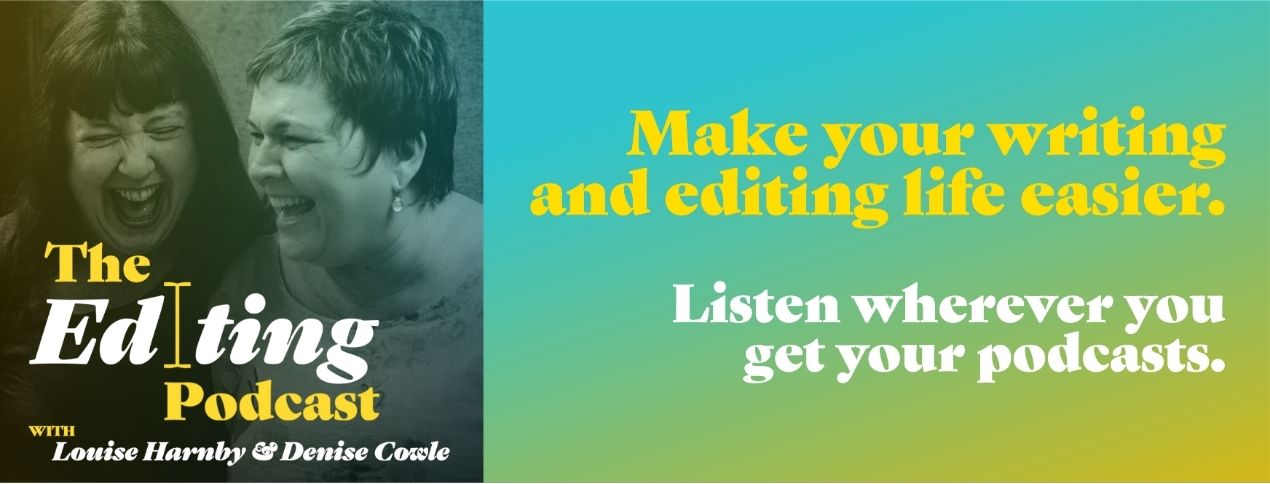
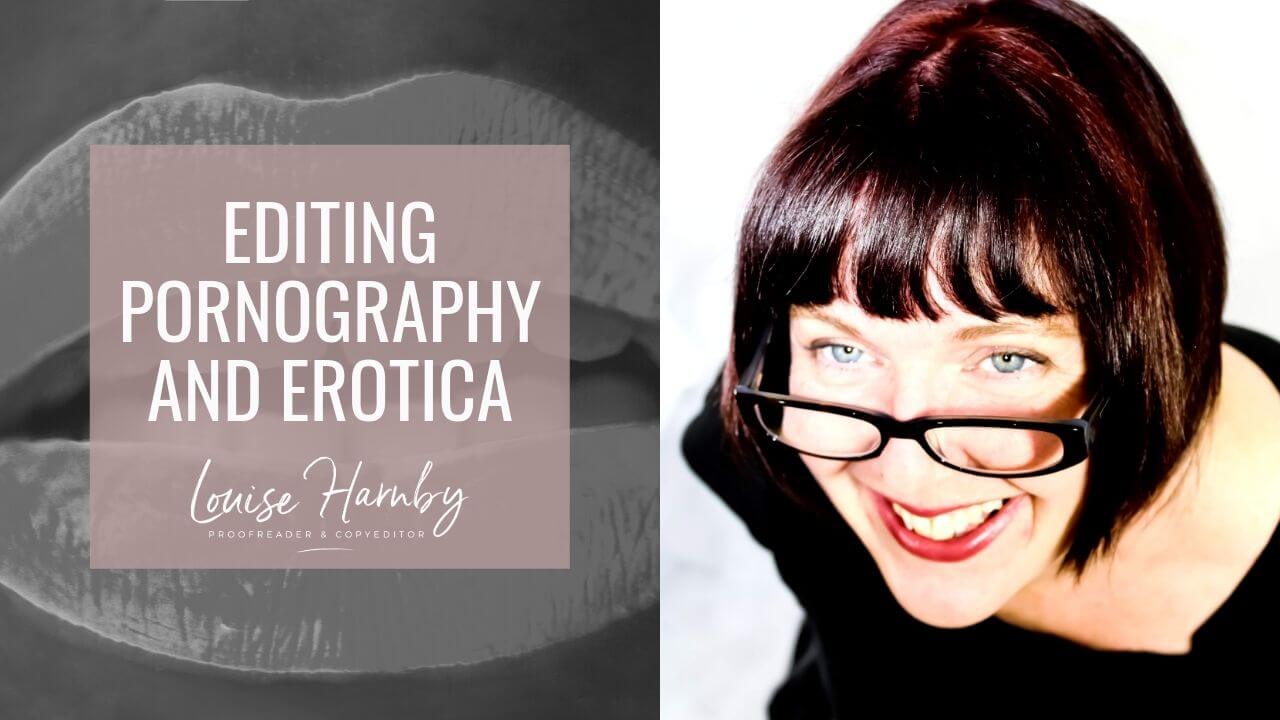
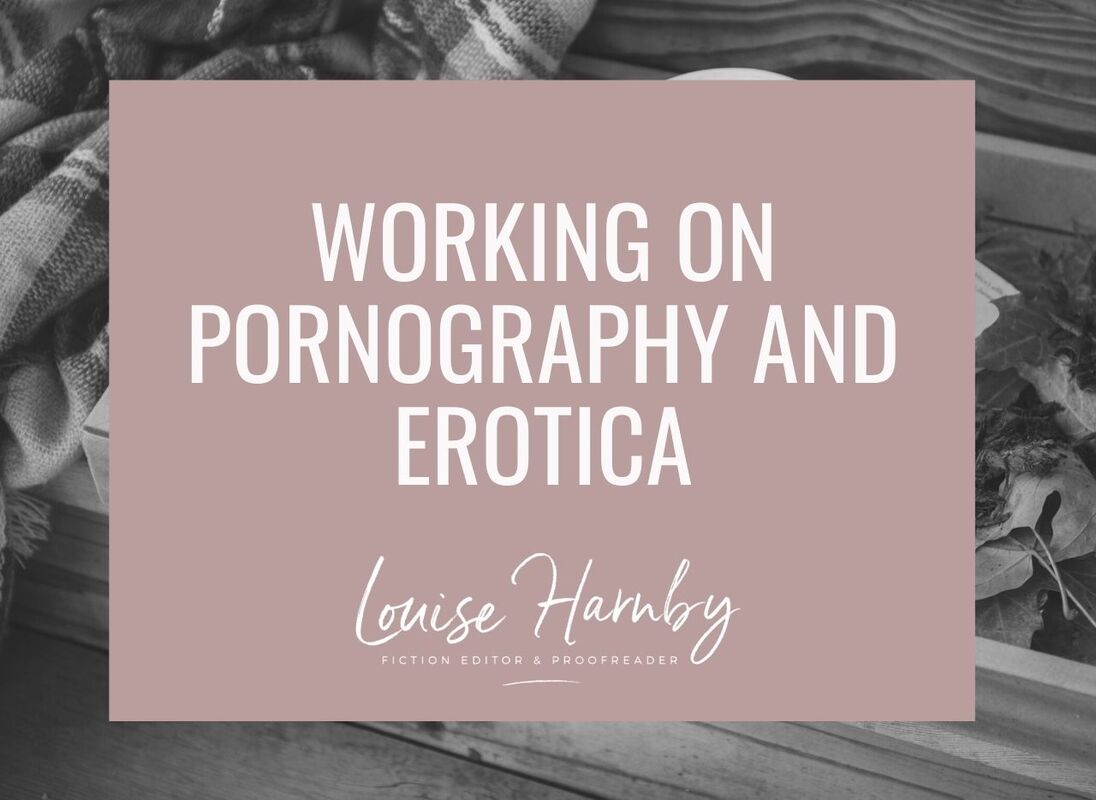
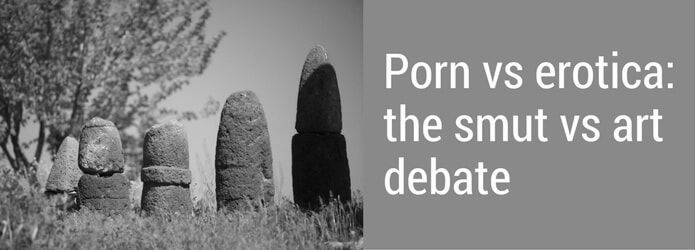

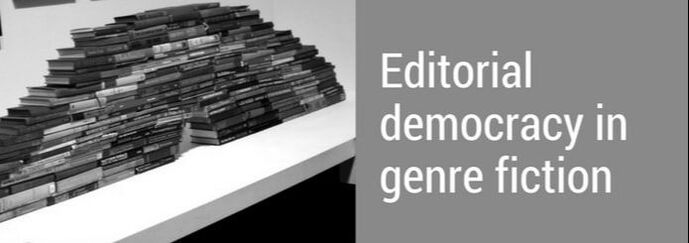
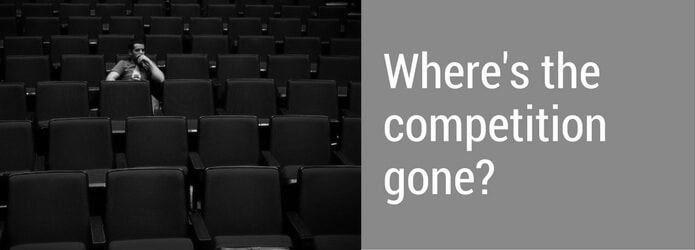
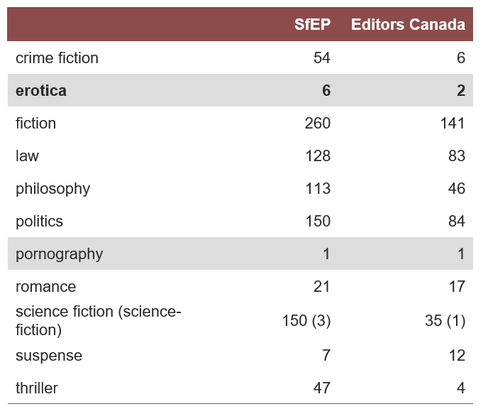
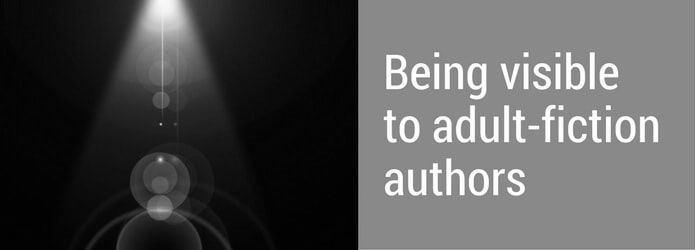
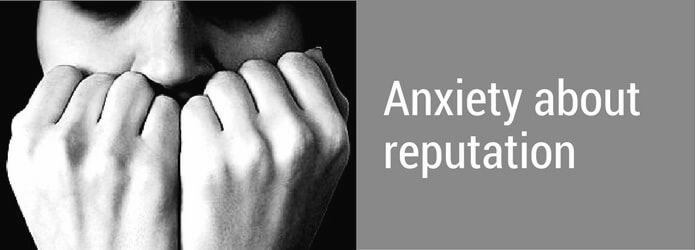













 RSS Feed
RSS Feed





